Freshness Seals in Container Packaging
Over the years, foam liners have found increased usage in many fields. As cap lining materials, these products maintain the integrity of a product by preventing exposure to oxygen and moisture from the environment. They also keep the contents from leaks and mishaps especially during transportation and handling. Foam liners, along with other types of cap liners also allow for tamper evidence by demonstrating proof of any disruption in the product barrier.
Types of Foam Liners
Due to the varied needs presented by different industries, there are a myriad of cap liners to choose from. What makes choosing the perfect type for your product are the considerations with the material of the liner itself and how compatible the liner is with your product. Depending on what product you aim to produce, there may be additional guidelines to be met such as for the food and beverage industry, as well as for pharmaceuticals. The Food and Drug Administration (FDA) has set guidelines for liners to be used with these products in order to protect the wellbeing of the consumers.
In general, cap liners are composed of a laminate of material which are induction sealed onto the mouths of the containers. The cap liners, once adhered onto the container mouth, cannot be reattached without special machinery, so any disruption in this seal can can alert the consumer if any tampering has been performed on the purchased product. 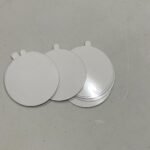
As mentioned earlier, there are different liners which cater to different needs of the manufacturer. Broadly, liners can be divided into one- or two-piece liners. One-piece liners are mainly used for dry products and powders. Before opening, these act as freshness seals and maintain the product’s shelf-life. Once opened, the seal is usually discarded. As such, this type of liners are designated as single-use liners.
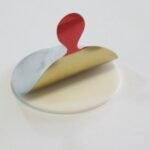 The second type is the two-piece liner. These liners differ in that they can be used to reseal the container many times from the initial opening. These liners are better suited for products intended for use over an extended period of time. The two-piece liner is also used for liquids such as oils and seasonings as they are more resilient and leak-proof than their one-piece counterparts.
The second type is the two-piece liner. These liners differ in that they can be used to reseal the container many times from the initial opening. These liners are better suited for products intended for use over an extended period of time. The two-piece liner is also used for liquids such as oils and seasonings as they are more resilient and leak-proof than their one-piece counterparts.
Foil Induction Seals as Cap Lining Material
Foam liners are used in many fields of manufacturing and packaging. These versatile liners are great as freshness seals and are more economical than other types of cap liners. You can choose between the one- or two-piece type to cater to both simpler products or those with more complex requirements.
These foam liners typically form part of the cap lining material. When the container is opened, the seal is initially disrupted and removed. The foam liner can then be replaced within the cap of the container, serving its purpose of keeping the product fresh and preventing leaks from occurring.
The advantages of foam liners are found in their resilience against many chemicals and that they do not disintegrate easily. They are good for many types of solvents and can resist chemical abrasion from alkalis and acids. They also provide sufficient leakage protection for liquid products, hence they are used for seasonings and oils. Foam liners are also used for the pharmaceutical and cosmetics industries, acting as freshness seals for many products.
Benefel Pty Ltd. and Adeneli Packaging
Our teams at Benefel Pty Ltd. and Adeneli Packaging can help you choose the perfect foam liners for your products. Our experts are on standby to take your calls and chats. Whatever product you may have, we have the perfect liner material for you. Product consultation is free and we are happy to develop partnerships with our customers by supplying consumable products that work well with packaging machinery.
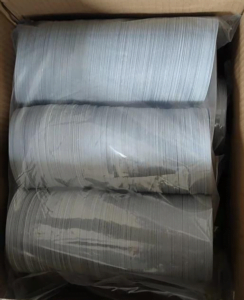
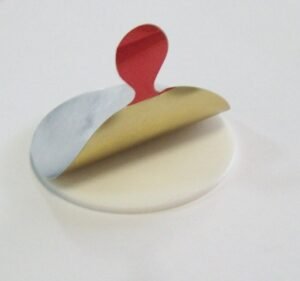
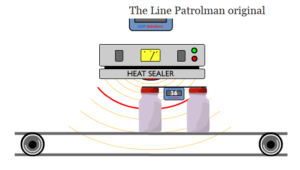
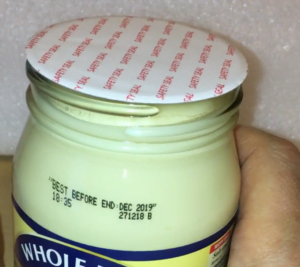
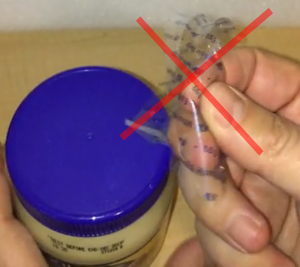



Follow Us